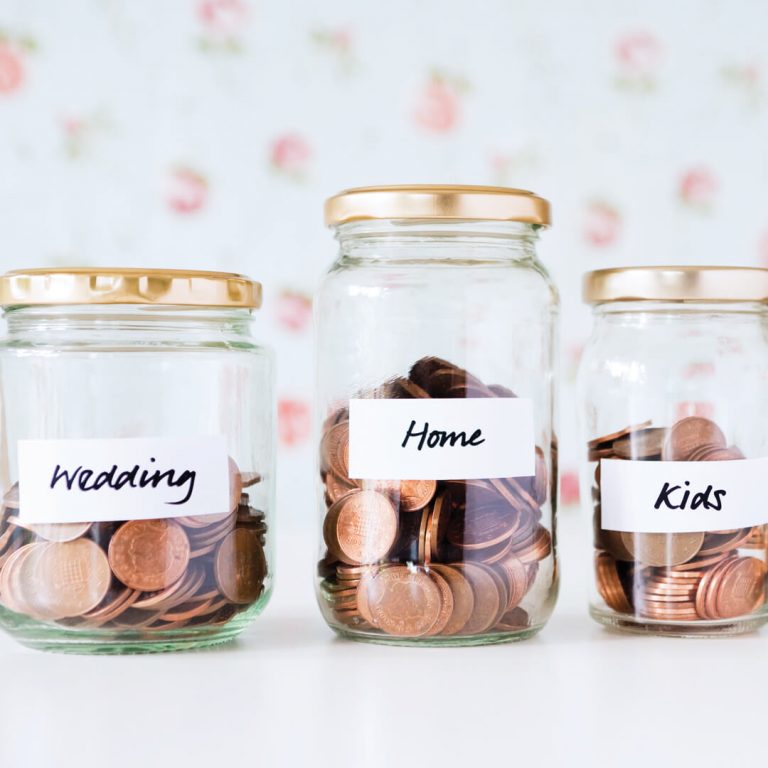Some studies show that Americans feel better than ever about their finances. Others cite these same individuals would not be able to handle an unexpected $500 expense, and are living paycheck to paycheck. If you are paying your bills every month, ask yourself the next important question: what happens if the unexpected occurs?
Regardless if you are comfortable with your finances, or you find yourself falling short month to month, every single household can benefit from a budget. A budget helps you save for whatever you deem important: whether it’s an emergency fund, retirement, that annual vacation, or all of the above—a budget will help you reach your goals, while still taking into account your monthly expenses.
Budgeting 101
- Total up all your fixed expenses for the month (mortgage, insurance, groceries, utility bills, education, child care, anything and everything you find yourself paying every month). Review past bills to get an accurate picture of these amounts.
- Next, write down how much money you spend on entertainment and discretionary expenses and total that. You may need to track this for a month or two before you know what you truly spend—collect monthly receipts, or review your past credit/debit card purchases.
- Subtract your totals for bills and miscellaneous expenses from your monthly total income. The amount you have left over is yours to save, invest, pay down debt, or build an emergency fund/vacation fund/retirement fund.
Don’t like the amount you see? It’s time to dust off your negotiating skills with your utility company or mobile service provider, start substituting your daily Starbucks with a home-brewed blend, or try out a bottle of nail polish instead of mani/pedicures from your favorite spa. The goal is to take a good, hard look at your “set” monthly expenses and discretionary costs to see what can be reduced or eliminated entirely. If you are truly coming up short, a more aggressive evaluation may be needed: perhaps leasing a less-expensive car is in order (or giving up a car altogether), moving to a smaller home in an area with lower taxes, or taking on a roommate.
Once you’ve established limits for your expenses and committed to a monthly savings amount, your budget has been set!
Sticking to Your Budget
When you first see how much you can potentially save each month, it may be tempting to make extreme cuts to living and entertainment expenses to reach your goals faster. However, these cuts are usually not sustainable long term, and may turn you off from budgeting entirely. Make sure you’re comfortable with the amounts you’ve allocated for food and entertainment—“budget in” some extra money to treat yourself.
Getting your finances on autopilot is an easy way to help you stick to your budget. Have a portion of your paycheck direct deposited into your savings account(s) and set up automatic bill pay for your fixed monthly bills.
There are lots of budgeting software and apps available to make budgeting even easier. Many budgeters have an affinity for Quicken, a personal finance, money management and budgeting software available for Windows and Mac. Download your Quorum accounts directly into Quicken software to get a 360 degree view of your finances. In addition, there are many personal finance apps that you can use from the convenience of your mobile device: Mint, Acorns and Goodbudget are among the most popular.







Comments Section
Please note: Comments are not monitored for member servicing inquiries and will not be published. If you have a question or comment about a Quorum product or account, please visit quorumfcu.org to submit a query with our Member Service Team. Thank you.